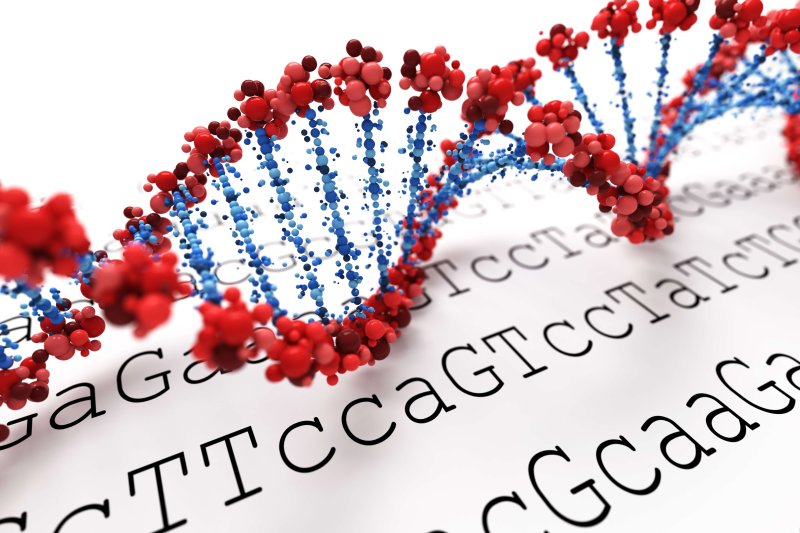The GLP aggregated and excerpted this blog/article to reflect the diversity of news, opinion and analysis.
Personal genome sequencing may be the next great technology frontier in public health—but how do patients feel about knowing, sharing and acting on their genetic information?
Today, it is now possible to identify risks such as heart disease and cancer and provide other potentially useful personal information to healthy people. But there is also the danger that the results could be distressing without any benefit, and false positives or uncertain results could prompt unnecessary and expensive follow-up care.
“What is still controversial is to what extent sequencing or other genomic technology can help you with predicting disease, because there aren’t many clear-cut examples where there is any evidence that genomic information makes any difference in your life,” says Robert Green, a co-author of the review.
Ultimately, the big question being asked is “whether someone should be given the choice not to know about a disease risk for which there are preventive or monitoring strategies that would reduce the severity of the disease and therefore the cost of care.”
Read full, original post: Why Knowing Your Genetic Data Can Be a Tricky Proposition































